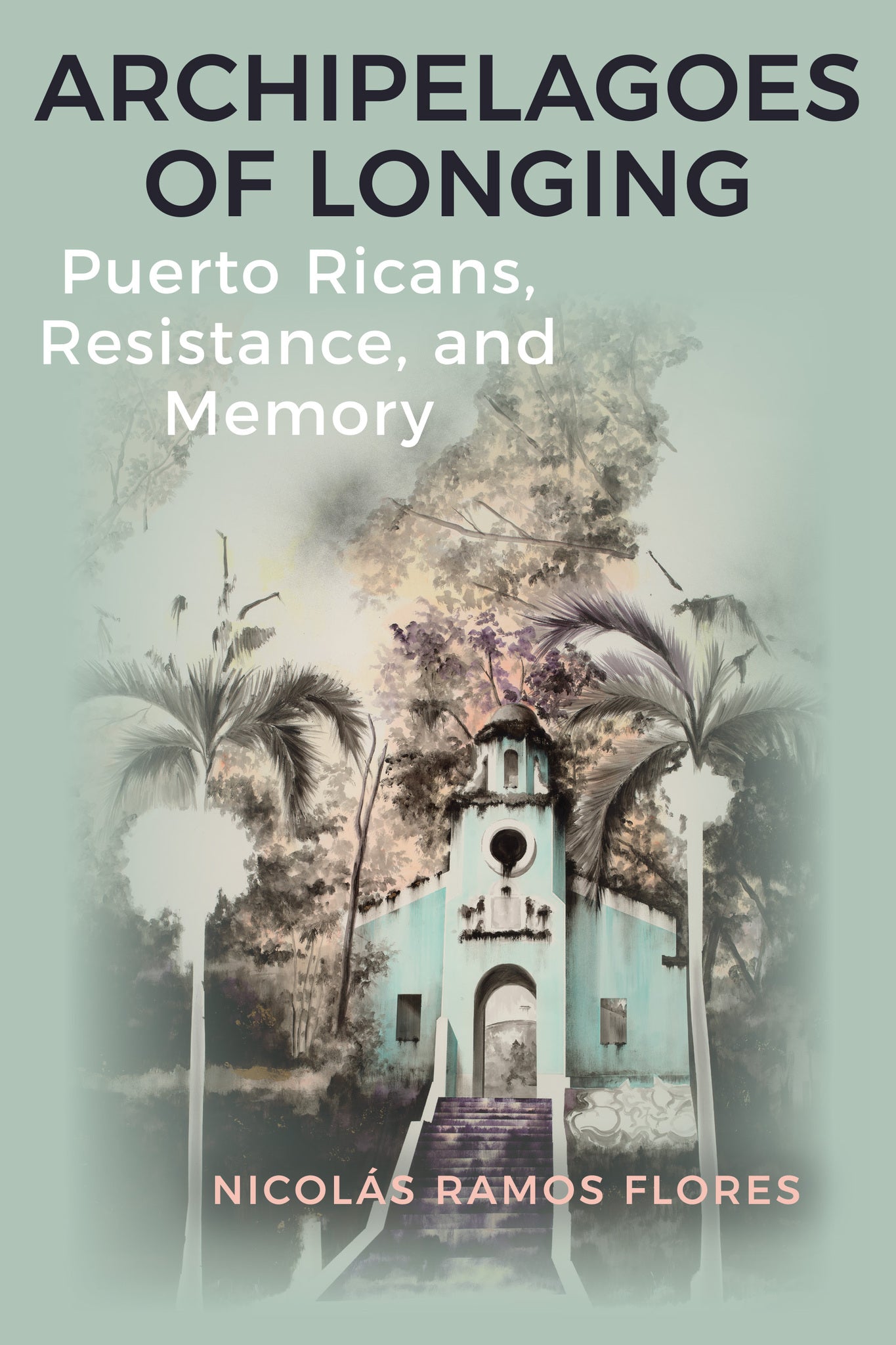We're sorry. An error has occurred
Please cancel or retry.
Archipelagoes of Longing

Examines how Puerto Rican visual and literary culture on the island and in the diaspora responds to oppression, migration, and trauma.
Archipelagoes of Longing brings together a broad range of cultural materials to rearticulate Puerto Rican experience as one of connectedness through and despite dispersal. Drawing on Eduard Glissant's Archipelagic Thinking and José Esteban Muñoz's Queer Utopias, Nicolás Ramos Flores presents Archipelagoes of Longing as a framework for analyzing how murals, commemorative sites, testimonios, and documentary films manifest various forms of longing—for lost pasts, for equality and stability, and, ultimately, for Puerto Rican liberation. Distinctive in its analysis of works produced in the diaspora and on the island, the book shows how collective memory, desire, and resistance shape projections of Puerto Rican futures in the face of continued devastation, displacement, and trauma. From street art in Chicago and Philadelphia to the Pulse Nightclub memorial in Orlando to literary and cinematic reckonings with environmental disasters and neoliberal policies, Ramos Flores traces a map of longing and hope for real change rooted in shared colonial history.


"Ambitious in scope, Archipelagoes of Longing makes a significant, timely, and necessary contribution to the fields of Latinx, Puerto Rican, Caribbean, American, LGBTQ+, gender, art, and cultural studies. Especially exciting is how the book delves into the cultural production of Puerto Ricans in the archipelago and the diaspora, focusing on communities in Chicago, Philadelphia, Orlando, and the island municipality of Vieques that have been relatively understudied despite their historical and contemporary importance. Not only does the book think island-based and diaspora-based Puerto Rican identities in relation to one another, but it also, crucially, addresses pan-ethnic solidarity among different Latinx groups. I learned a lot reading it and am excited to see it in the world." — Marisel C. Moreno, author of Crossing Waters: Undocumented Migration in Hispanophone Caribbean and Latinx Literature and Art




